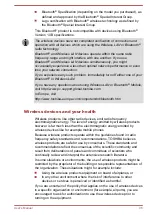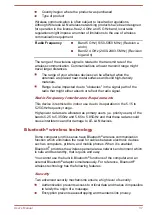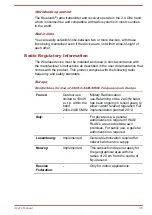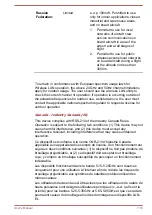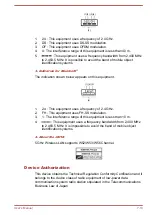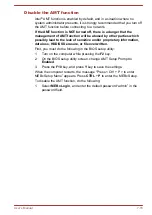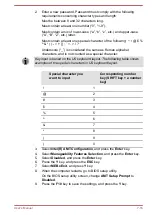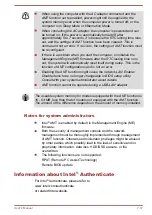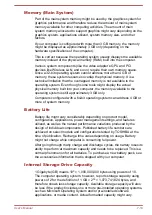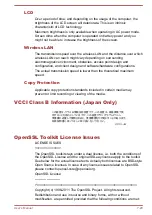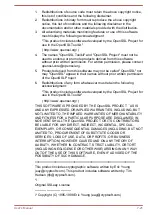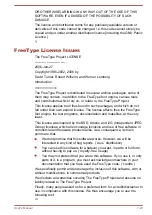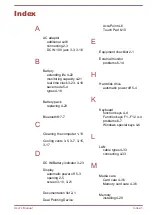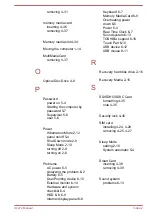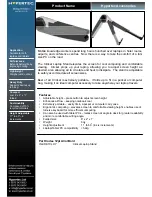
Memory (Main System)
Part of the main system memory might be used by the graphics system for
graphics performance and therefore reduce the amount of main system
memory available for other computing activities. The amount of main
system memory allocated to support graphics might vary depending on the
graphics system, applications utilized, system memory size, and other
factors.
If your computer is configured with more than 3 GB memory, the memory
might be displayed as approximately 3 GB only (depending on the
hardware specifications of the computer).
This is correct because the operating system usually displays the available
memory instead of the physical memory (RAM) built into the computer.
Various system components (like the video adapter’s GPU and PCI
devices like Wireless LAN, and so on) require their own memory space.
Since a 32-bit operating system cannot address more than 4 GB of
memory, these system resources overlap the physical memory. It is a
technical limitation that the overlapped memory is not available to the
operating system. Even though some tools might display the actual
physical memory built into your computer, the memory available to the
operating system is still approximately 3 GB only.
Computers configured with a 64-bit operating system can address 4 GB or
more of system memory.
Battery Life
Battery life might vary considerably depending on product model,
configuration, applications, power management settings, and features
utilized, as well as the natural performance variations produced by the
design of individual components. Published battery life numbers are
achieved on select models and configurations tested by TOSHIBA at the
time of publication. Recharge time varies depending on usage. Battery
might not charge while computer is consuming full power.
After going through many charge and discharge cycles, the battery loses its
ability to perform at maximum capacity and needs to be replaced. This is a
normal phenomenon for all batteries. To purchase a new battery pack, see
the accessories information that is shipped with your computer.
Internal Storage Drive Capacity
1 Gigabyte (GB) means 10
9
= 1,000,000,000 bytes using powers of 10.
The computer operating system, however, reports storage capacity using
powers of 2 for the definition of 1 GB = 2
30
= 1,073,741,824 bytes, and
therefore shows less storage capacity. Available storage capacity will also
be less if the product includes one or more pre-installed operating systems,
such as Microsoft Operating System and/or pre-installed software
applications, or media content. Actual formatted capacity might vary.
User's Manual
7-19

